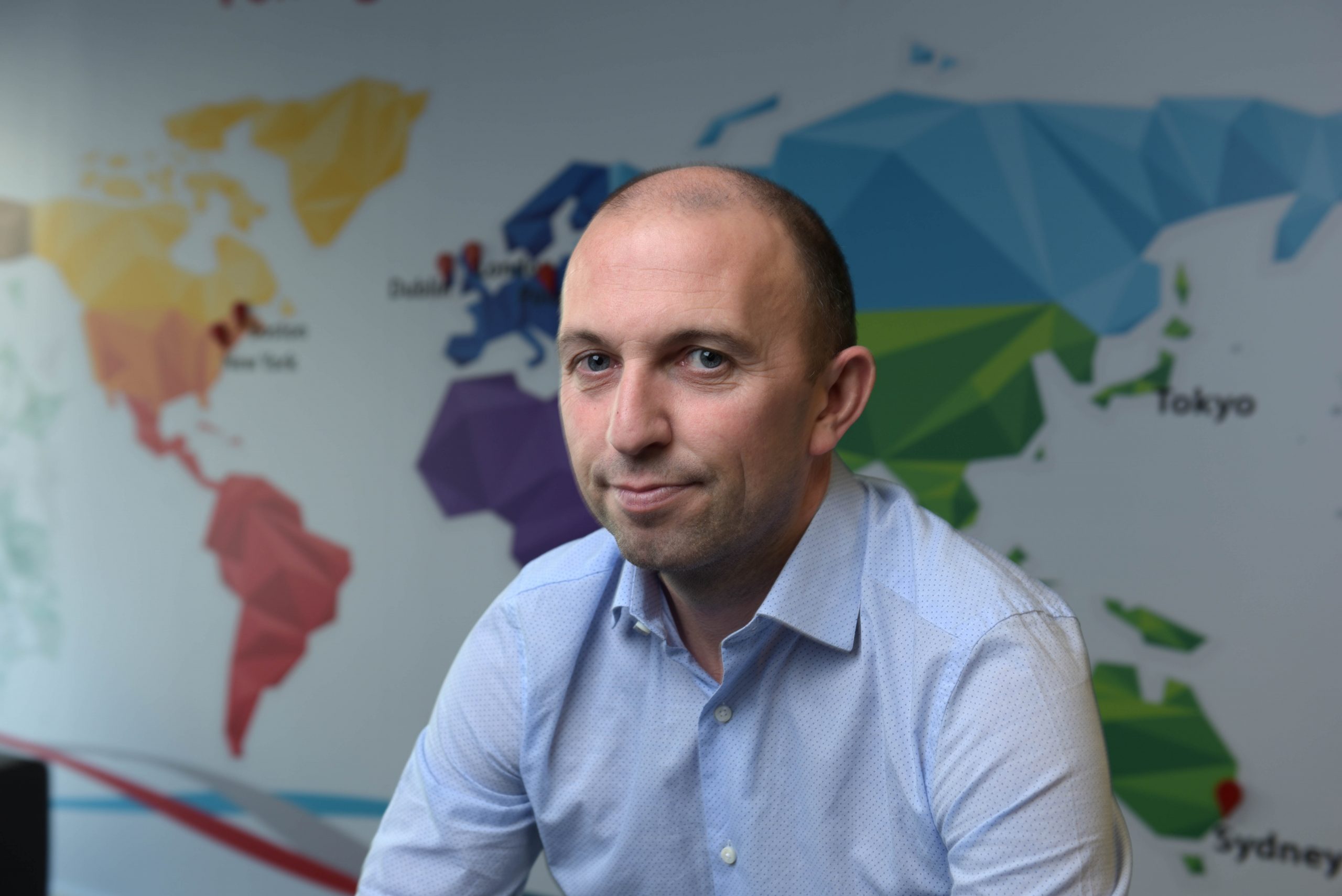Marc Murphy was a little cautious at first. But the more he read and the more he learned about SPACs, the more his caution turned to hesitancy and ultimately to resistance. His wife, an accountant, and his brother, a strong figure in his life, were also reluctant. “Are you sure you want to do it?” they kept asking him. And the more he thought about it, the more the answer was no. So-called blank-check companies, which go public with no assets and then merge with private companies, SPACs had exploded in popularity in 2020. Speedier than a traditional IPO and…
Cancel at any time. Are you already a member? Log in here.
Want to read the full story?
Unlock this article – and everything else on The Currency – with an annual membership and receive a free Samsonite Upscape suitcase, retailing at €235, delivered to your door.

